UPDATE (October 7, 2025): The exemption status for OCI cardholders has changed since the initial implementation of India’s e-Arrival Card system. While OCI holders were initially exempt when the policy launched on October 1, 2025, the Indian government revised this regulation on October 4, 2025. OCI cardholders are now required to complete the e-Arrival Card within 72 hours before their arrival in India, just like other foreign nationals.
Only Indian citizens traveling on Indian passports remain exempt from the e-Arrival Card requirement. All other travelers, including OCI cardholders, tourists, business visitors, students, and those traveling for medical treatment, must submit the digital form through the official portal at indianvisaonline.gov.in/earrival or via the Indian Visa Su-Swagatam mobile app. Physical arrival cards continue to be available during a six-month transition period.
indianvisaonline.gov.in/earrival
(INDIA) Overseas Citizen of India cardholders are now officially exempt from filling out any arrival paperwork when they land, including India’s new online e-Arrival Card that replaces the old paper disembarkation card for most foreign visitors starting October 1, 2025. India immigration authorities confirmed that Indian nationals and OCI holders will not be asked to submit the e-Arrival Card at airports or seaports, aligning with long‑standing practice that treats OCI travelers at par with Indian citizens for immigration clearance.
During a six‑month transition after the launch, physical cards will still be accepted from other foreign nationals, but OCI holders will remain exempt throughout the changeover and beyond.
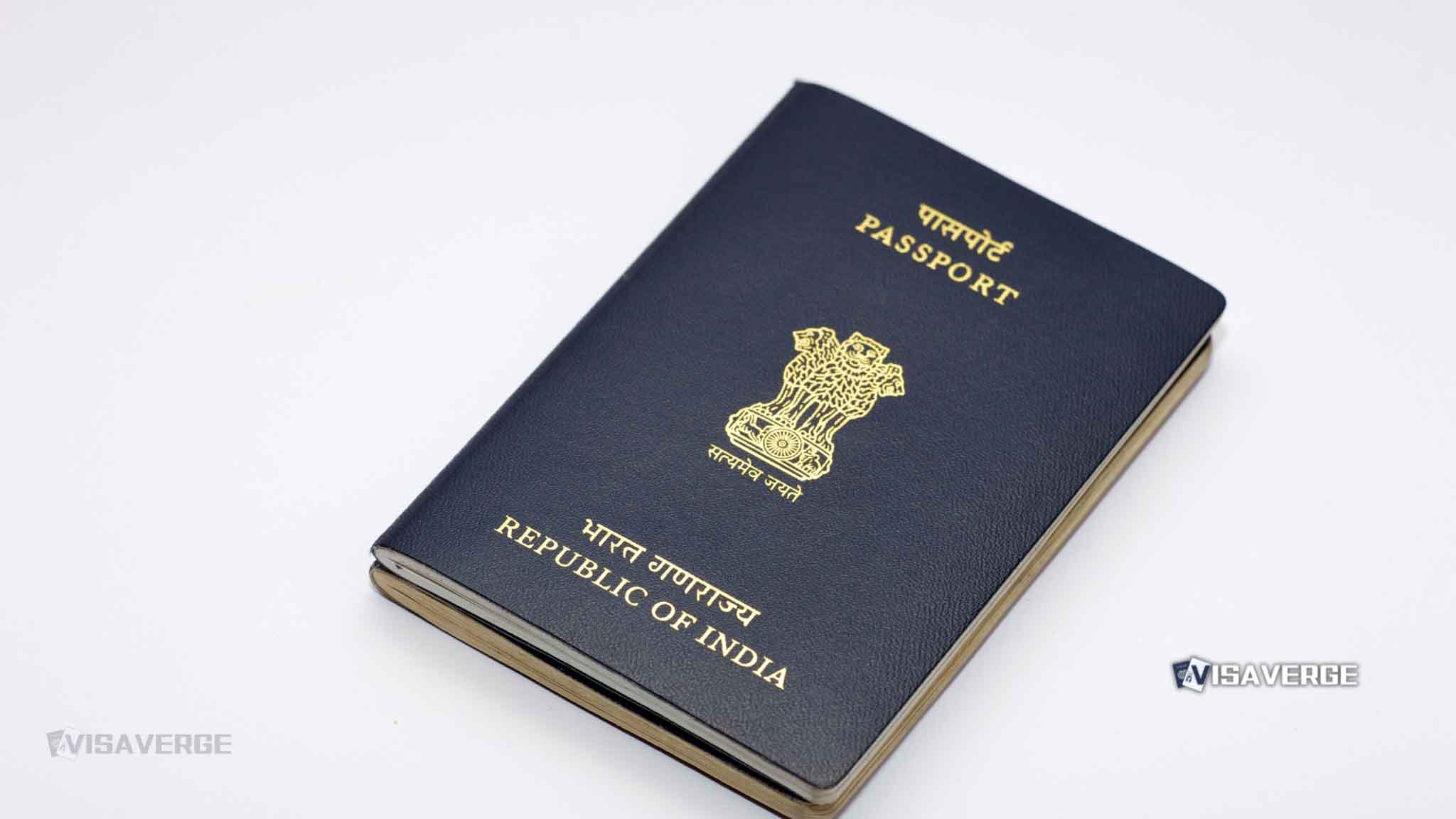
Why this change matters
The update affects millions of OCI holders who travel regularly to visit family, study, invest, or work across borders. It also affects airlines and airports that must adjust document checks as the digital card rolls out.
Under the new system:
- All other foreign nationals (tourists, business visitors, students, medical travelers, conference attendees, etc.) must complete the e-Arrival Card online up to 72 hours before reaching India.
- The online form asks for basic details: passport number, flight information, contact phone and email, purpose of travel, and a stay address in India.
- Officials say there are no uploads, no fees, and no biometric steps tied to this card.
- The government will accept paper arrival cards during a six‑month phase‑in, but the goal is a full shift to a paperless front door.
For authoritative information on arrivals and exemptions, refer to the Bureau of Immigration (India) at https://boi.gov.in. The agency’s website offers policy notices and operational updates for airports across the country.
Important: While the e-Arrival Card will live on the government’s digital platform, Indian citizens and OCI holders won’t need to access or submit it at all under the updated rules that begin on October 1, 2025.
Policy changes overview
India is replacing the old disembarkation cards with a secure online e-Arrival Card for foreign nationals who need a visa or are entering visa‑free under specific categories. The online card aims to:
- Speed queues and reduce manual data entry at counters
- Improve risk-targeting and operational efficiency
Key points:
- A six‑month transition begins October 1, 2025, during which paper cards will still be accepted.
- Indian citizens and OCI holders are explicitly exempt and do not need to fill any arrival form—physical or digital—during the transition or thereafter.
- Non‑exempt foreign nationals must complete the online process before travel, up to 72 hours ahead of arrival.
- The process requires only basic information; no supporting documents are uploaded and no payment is taken.
Airlines are expected to include reminders in pre‑departure emails and check‑in prompts. However, they should not require Indian citizens or OCI holders to show proof of an e-Arrival Card.
Impact on travelers and carriers
For OCI holders, the guidance is straightforward:
- You do not need to fill the e-Arrival Card.
- Show your valid passport and physical OCI card at arrival, follow the regular lane, and answer routine questions if asked.
- Border officers will clear you without asking for any arrival form.
Mixed-family travel scenarios are common (Indian passport holders, OCI cardholders, relatives on tourist visas). In those cases:
- Only the non‑exempt foreign nationals need to complete the e-Arrival Card before boarding.
- Families can generally move together through queues, but each traveler’s requirements differ.
- Carriers should train staff to distinguish exempt passengers from those who must show a completed digital card.
Operational considerations for carriers:
- During the transition, agents will see a mix of paper cards and online confirmations.
- For Indian citizens and OCI holders, there is nothing to check—asking for proof would be improper.
- Clear scripts and system prompts at check‑in and boarding gates will prevent confusion.
Practical note for non‑exempt travelers:
- Complete the e-Arrival Card up to 72 hours before arrival; having flight and stay details ready makes this quick.
- The card is not a visa and does not replace visa requirements or add extra screening beyond standard checks.
For first-time OCI users:
- The exemption does not change the need to carry both the OCI card and the same passport number that appears on the card details.
- Ensure the OCI was reissued if you changed passports at required ages—the arrival paperwork exemption is separate from these document rules.
This exemption applies at airports, seaports, and is expected to be mirrored at land checkpoints that handle international arrivals.
Implementation timeline and practical tips
Government timeline:
- October 1, 2025 — e-Arrival Card becomes standard for non‑exempt foreign nationals.
- Six‑month transition — paper arrival cards still accepted while digital rollout proceeds.
- After transition — full reliance on digital card for non‑exempt travelers; Indian citizens and OCI holders remain exempt.
Quick checklist for travelers and planners:
- For OCI holders: No e-Arrival Card required. Carry passport + OCI card; proceed to immigration as usual.
- For Indian citizens: No e-Arrival Card required. Carry Indian passport.
- For other foreign nationals: e-Arrival Card required from October 1, 2025; complete up to 72 hours before arrival.
- During transition: Paper cards still accepted for non‑exempt travelers; digital preferred.
- At check‑in: Airlines should not ask Indian citizens or OCI holders for any digital card confirmation.
Operational tips for airlines and airports:
- Back‑end systems will be adjusted to read/store online submissions for non‑exempt travelers.
- Completion status is usually checked by scanning a passport, not by reading an email on a phone.
- Staff training is essential so exempt passengers are waved through without delay.
Real-world examples:
- A student from London with an OCI card attending a wedding in Mumbai: shows passport + OCI card; no arrival form needed.
- A friend on a tourist e‑visa: must complete the e-Arrival Card before arrival, then present passport + visa as usual.
- A business traveler from Dubai with OCI status: no e-Arrival step needed; colleague on business visa completes the online card within 72 hours.
Data security and scope
The e-Arrival Card collects only basic biographic and trip details and does not request uploads. The limited scope aims to:
- Reduce processing time at ports
- Keep personal data fields modest
- Help airports plan staffing and prepare counters for busy peaks
According to VisaVerge.com analysis, digital intake helps predict arrival loads and supports staffing efficiency.
Who must fill the e-Arrival Card?
- All foreign nationals who are not Indian citizens or OCI holders entering India after launch.
- This includes arrivals on tourist, business, student, medical, conference and similar trips.
- They may complete it up to 72 hours prior to arrival. Late submissions are possible if internet access exists but may add stress.
The exemption reflects long‑standing policy treating OCI holders at par with Indian nationals for immigration clearance. It applies only to arrival formalities and does not change visa-like restrictions or special-permit requirements for specific activities or locations.
Warnings, tips, and official guidance
- There are no fees and no uploads for the e-Arrival Card step.
- The form requests: basic biographic information, passport number, travel dates, transport details, contact phone/email, and an address in India.
- It does not ask for proof of funds, bank statements, or scanned tickets.
- Completing the card should take only a few minutes if flight and stay details are at hand.
Avoid unofficial websites that charge for the e-Arrival Card. India immigration has not attached any fee to this step.
For official updates and authoritative information, use the Bureau of Immigration (India): https://boi.gov.in.
Key takeaway: If you are an OCI cardholder, you do not need to fill the e-Arrival Card. Carry your passport and OCI card, and proceed to immigration as usual. If you are not exempt, complete the e-Arrival Card online within 72 hours before arrival and keep airline confirmations handy.
Frequently Asked Questions
This Article in a Nutshell
India will implement a digital e-Arrival Card for most foreign visitors starting October 1, 2025, while explicitly exempting Indian citizens and OCI cardholders from any arrival paperwork. Non-exempt travelers must complete the online form up to 72 hours before arrival; it requests basic passport, flight, contact, travel purpose, and stay address details with no uploads, fees, or biometrics. A six-month transition will allow paper cards to be accepted as airports and carriers adapt. OCI holders should carry their passport and OCI card and will be processed like Indian nationals. Official guidance is available from the Bureau of Immigration (boi.gov.in).


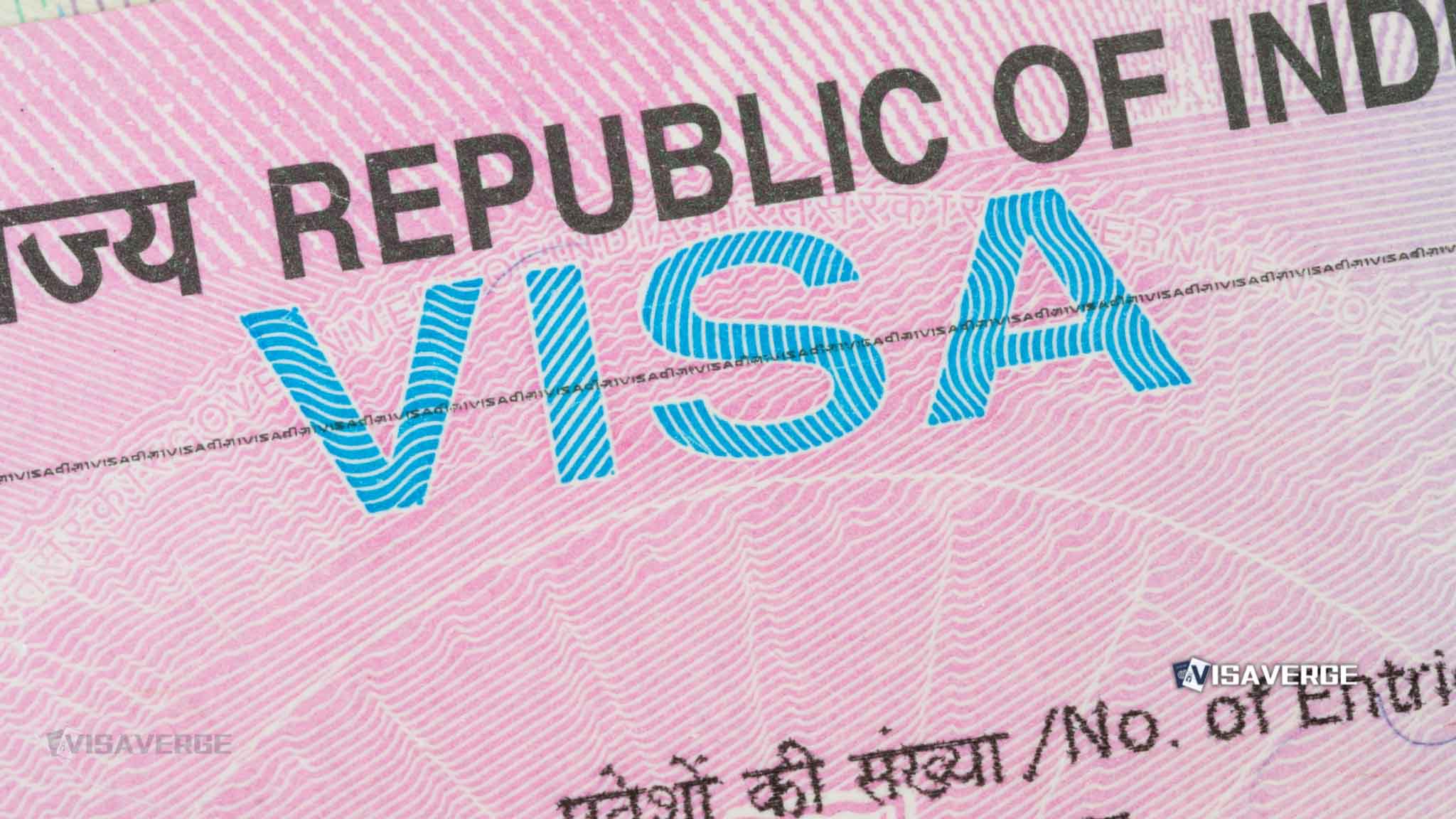
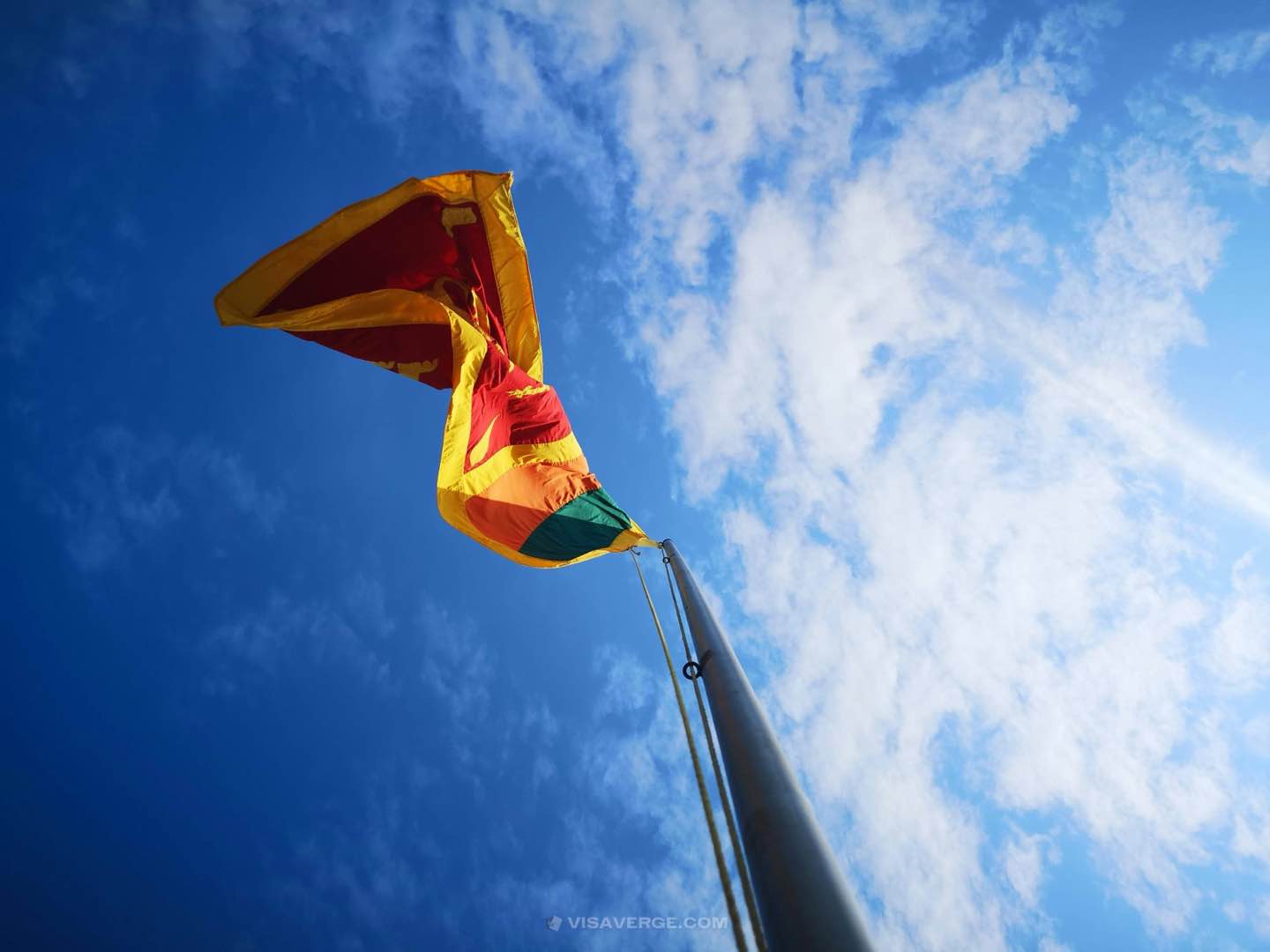

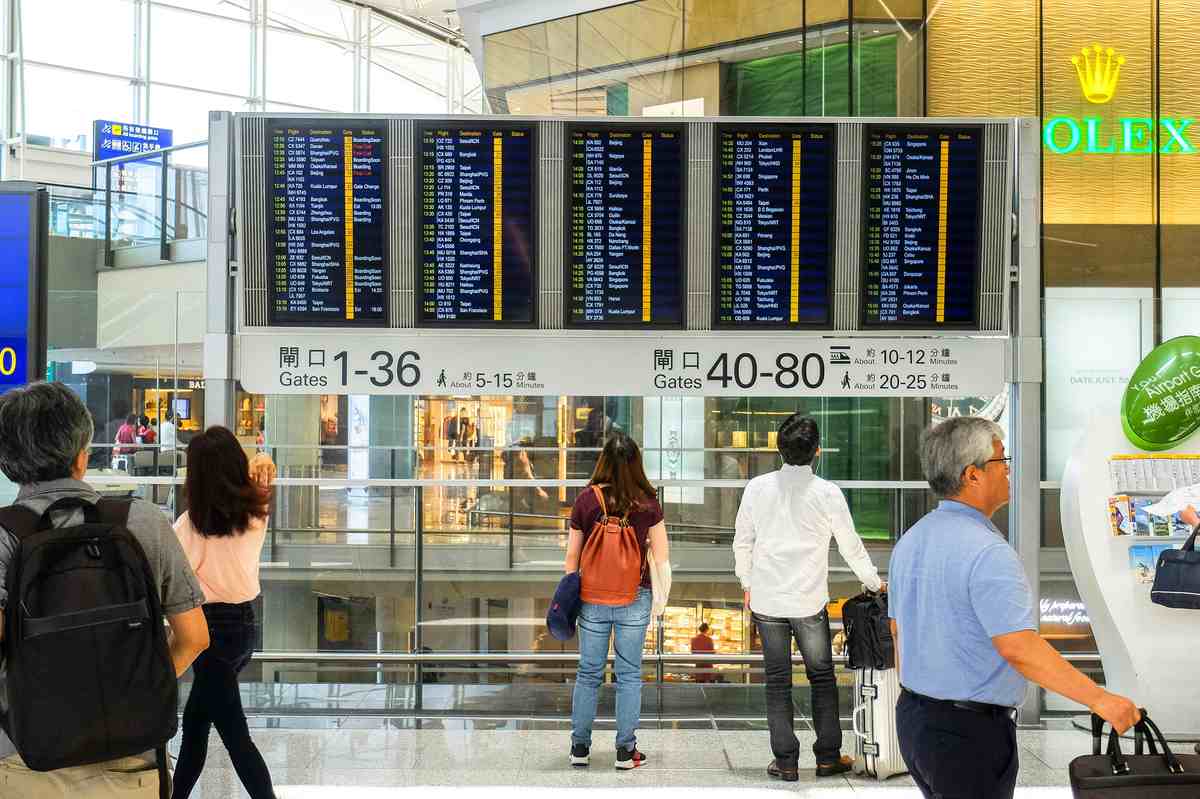
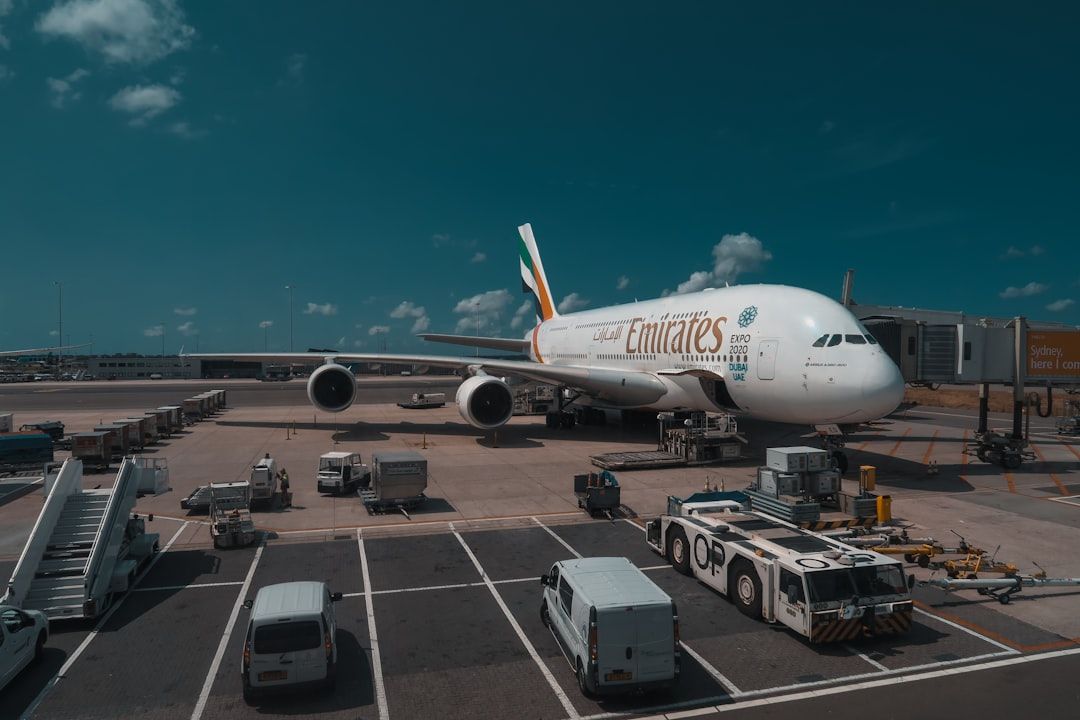
OCI card holders are not exempt from filling out the e-arrival card. Information posted on the BOI site and also in the Indian Consulate sites.
Thank you, Initially when the e-Arrival Card was introduced on October 1, 2025, OCI holders were exempt. However, on October 4, 2025, the government changed the regulation, and as of October 7, 2025, OCI cardholders are now required to submit an e-Arrival Card and are no longer exempt from this requirement. We added updated info on top of our article. Thank you for correcting us.